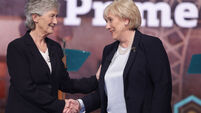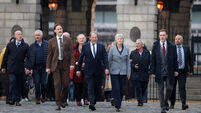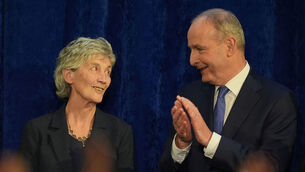Hatred of Israelis seems to be accepted in Ireland
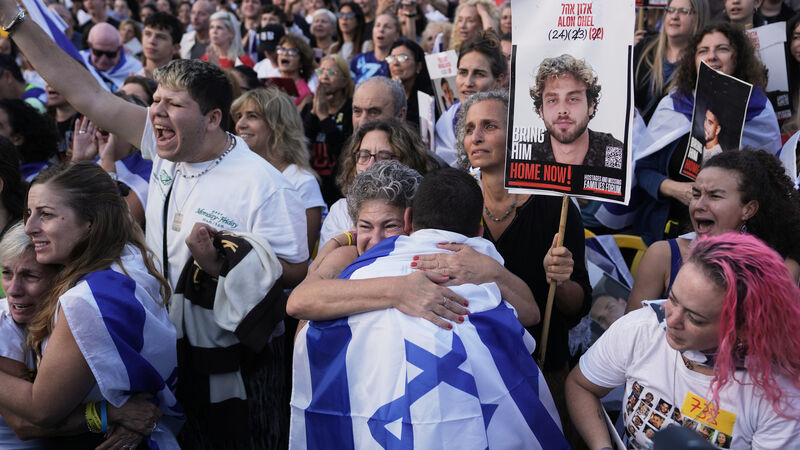
With 67,000 Palestinians dead and Gaza lying in ruins, I can't help but feel many non-Israelis might have had mixed feelings watching those joyful and emotional scenes in Israel celebrating the release of the hostages. Picture: AP/Oded Balilty
The war is over — for now. So hands up, who loves to hate Israelis?
The Israeli-Hamas war is overv— for now. Yes, the ‘peace’ remains fragile; Palestinians are still dying, but with the surviving hostages having been freed, some normalcy of life is returning to Israel.
Yet with 67,000 Palestinians dead and Gaza lying in ruins, I can't help but feel many non-Israelis might have had mixed feelings watching those joyful and emotional scenes in Israel celebrating the release of the hostages.
So, perhaps this is a good time for me to write this article, one I have felt I needed to write for quite some time. I have long believed this might be an opinion piece that would not be published in the Irish mainstream media. It's an opinion piece I think might annoy some readers. I don't intend to offend anyone, but let me be clear — my goal isn’t to avoid offending either.
I have written in this paper about the indifference of too many Israelis to the horrors their government has unleashed on the Palestinian population.
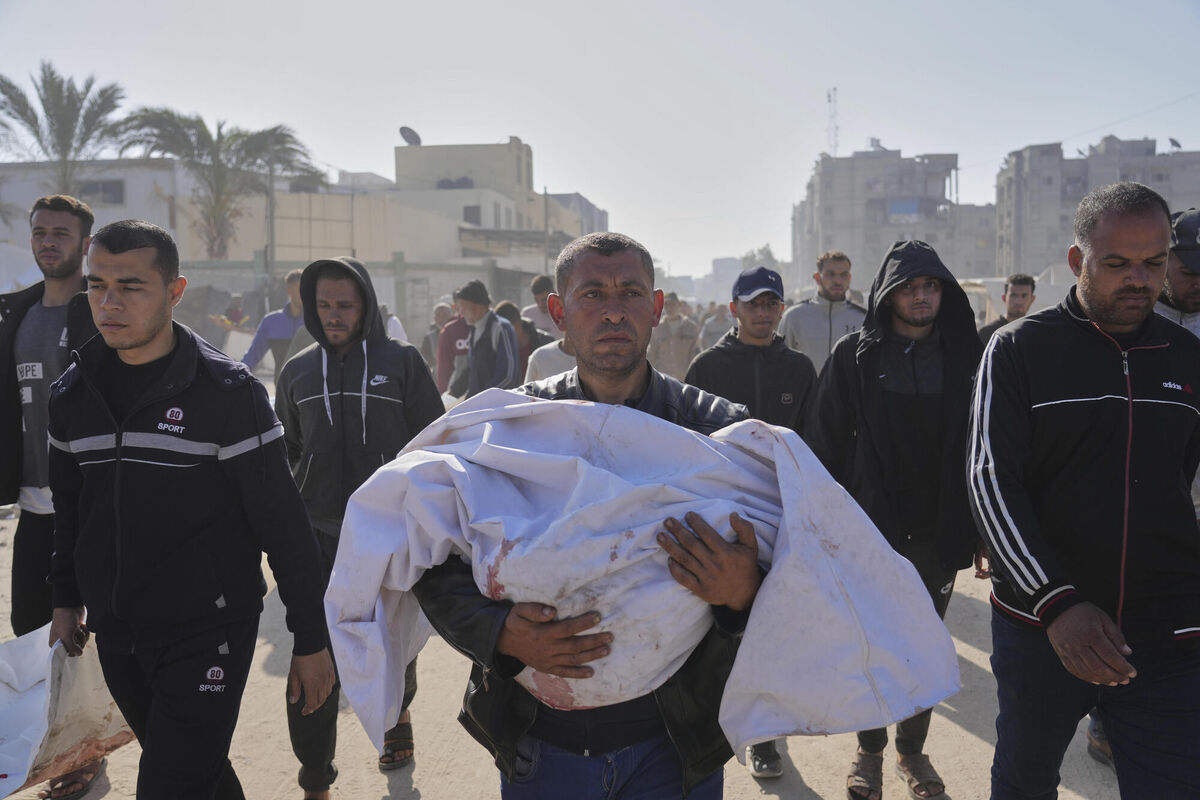
I have shared stories about Tel Avivians going to the beach while an Israeli-induced famine unfolds 70km away, and how mainstream Israeli television news has refused to show the reality of the war in Gaza for the past two years.
I have received and am grateful for the many words of thanks — indeed, praise — for speaking out against Israeli war crimes and genocide while living here in Tel Aviv.
But in sharing these stories, I often worried I might not only be unintentionally dehumanising Israelis, but also fuelling a dark desire in the Irish reader to confirm their own prejudices and disdain for everything Israeli. I imagine that sentence could be very uncomfortable for some readers.
Let's be honest, after two years of horrific and relentless imagery from Gaza, it's understandable that many Irish people feel revulsion for the perpetrators.
So, hands up — who loves to hate Israelis? Let’s be clear; we’re talking about Israeli Jews. One in five Israeli citizens is Druze, Palestinian, or Israeli Arab.
I admit I have skin in the game, so to speak. As I have written before, I am Israeli, but I am a ‘paper' Israeli, Irish by birth and Israeli through marriage. I do not diminish my Israeli citizenship; it grants me the right to live here with my two Israeli-born Jewish children.
But I do wonder where that revulsion or hatred for Israelis begins and ends. How far and deep it extends and who it includes. Presumably, Netanyahu himself, his far-right ministers, and the IDF (Israeli Defence Forces). Perhaps it extends to conscript teenage soldiers. Maybe there is a particular revulsion felt for those Israelis indifferent to accusations of genocide?
Israel, as the world's only Jewish country, is perhaps unique in that the state, its people, symbols, and geography are highly contested and yet closely and messily intertwined. Choosing words carefully when discussing Israel requires caution and clarity to avoid unfair accusations. It comes with the territory, tough.
And yet too often, that language is pernicious. The dehumanisation of Israelis is undeniable.
This is not a government that is committing genocide, but a “genocidal State.” Do not tell me the latter is anything other than a wink-and-a nod to the ‘Israel should not exist’ crowd. A government can be removed, but a state can only be eliminated.
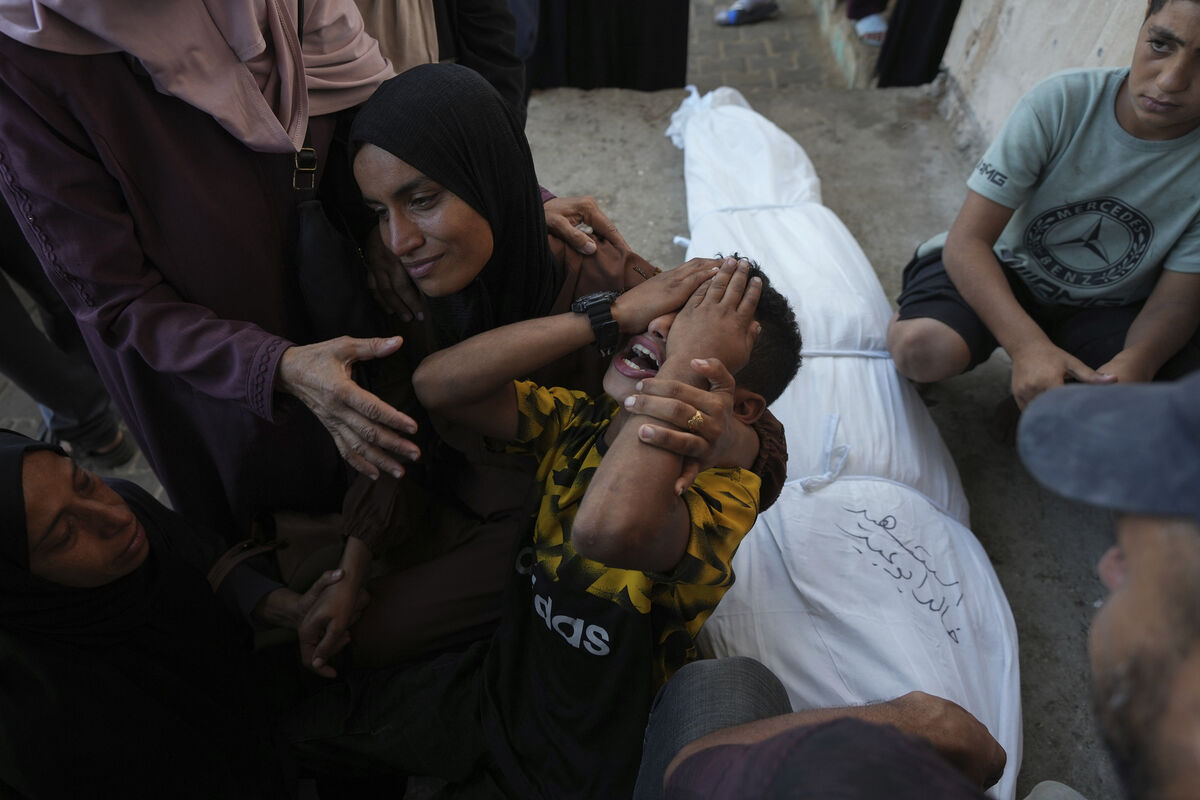
Israelis are not human. “[Israel] is a psychopath. You can only make peace with human beings. You cannot make peace with a psychopath…With a savage. And that is what the State of Israel is!”
“Israel have [sic] taken Nazism to a new level by showing they can get away with it.”
These are not just random social media posts, but the words of current Irish Dáil Éireann members.
The writer Isabel Wilkerson said: “It is harder to dehumanise a single individual that you have gotten the chance to know… It's better to attach a stigma, a taint of pollution to an entire group.”
I don't know how many Irish people know, are friendly with, or have family who are Israeli. But after two years of war, I suspect many readers are pretty familiar with the dehumanising language used by some Israeli politicians.
That grotesque dehumanisation of all Palestinians by some Israelis is now arguably matched by a casual demonisation of Israelis by non-Israelis. By casual, I mean that the words are usually whispered in private; when spoken publicly, they are often retracted, usually with an eye-rolling sense of irritation.
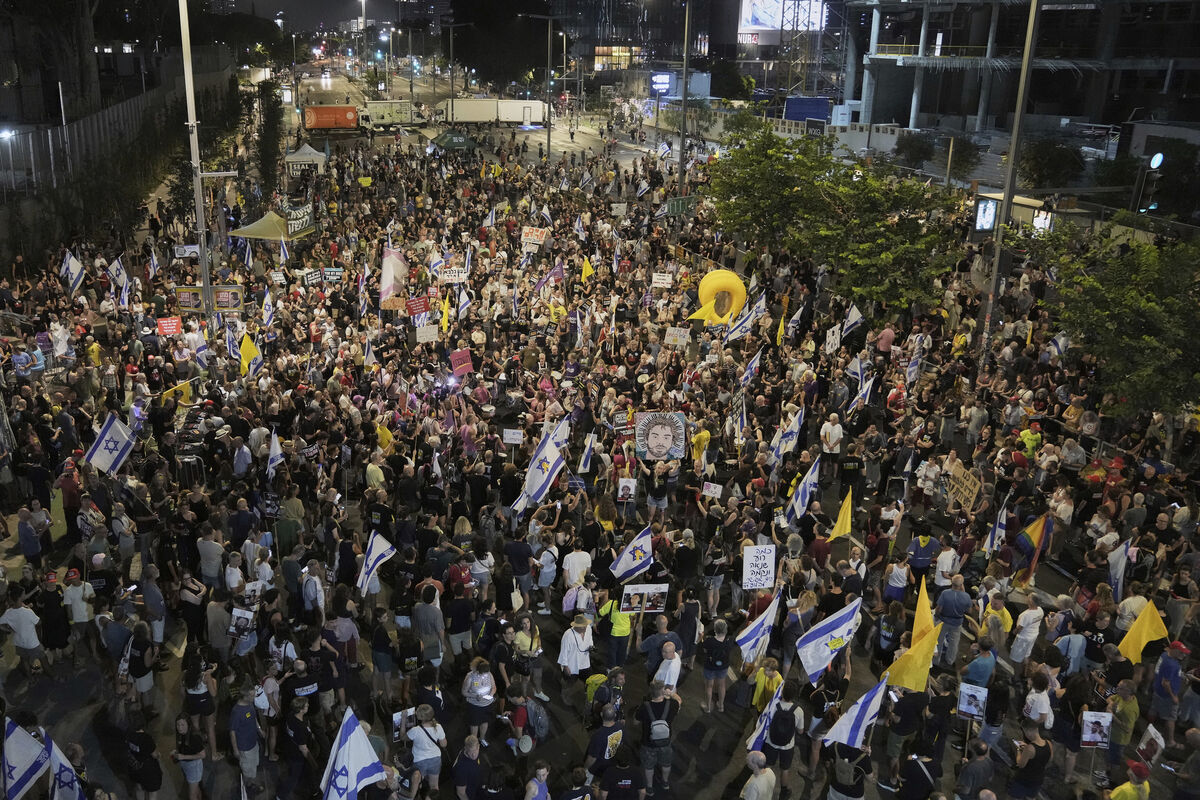
I am not writing to exonerate Israelis, least of all the heinous actions of this current far-right messianic Israeli government. I have written about the moral failures of Israeli universities, trade unions, and television media stars to speak out against the undeniable Israeli war crimes.
But Israeli political opinion remains profoundly diverse. Since the October 7 Hamas terror attack, and despite an inevitable rally-around-the-flag effect, tens of thousands of Israelis who oppose Netanyahu have continued to protest.
These protests have attracted nearly half a million people on a single Saturday night in Tel Aviv. And yes, too many of these same voices have, for too long, remained indifferent to the brutality of a 57-year "temporary" occupation.
But Israeli society would not be the first to turn a blind eye to horrible truths being committed within its borders. The pattern of behaviour might be familiar to older Irish readers. It includes a widespread refusal to face the facts, a failure by the mainstream media, a collective culture of silence, and groupthink when dark secrets are widely known. It also involves self-censorship to avoid causing unnecessary drama among family and friends. Sometimes in life, it's easier to stay silent.
There is a powerful, dark line in the film which depicts the suffocation of small-town Ireland, when Eileen Walsh's character, referring to the abuse in the local Magdalene laundry, says: “If you want to get on in this life, there are things you have to ignore.” The film is set in 1985.
Yet, amid this widespread denial of reality in Israel, many journalists from the left-leaning Israeli paper of record, , have tirelessly criticised and condemned both the government and the war in Gaza. Some of the most powerful investigative journalism exposing Israel's war crimes in Gaza has come from reporters.
So, it shouldn’t be too difficult to strongly criticise the actions of this Israeli government without dehumanising Israelis. Yet, too often, many critics of Israel fall short in this simple task. In doing so, they perhaps reveal more about what they are not saying than what they are.
One cannot help but conclude that for many — whether viewed through the lens of theology, metaphor, or post-colonialism — Israel is seen as uniquely born of sin.




